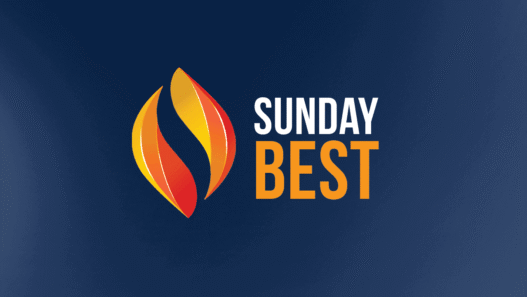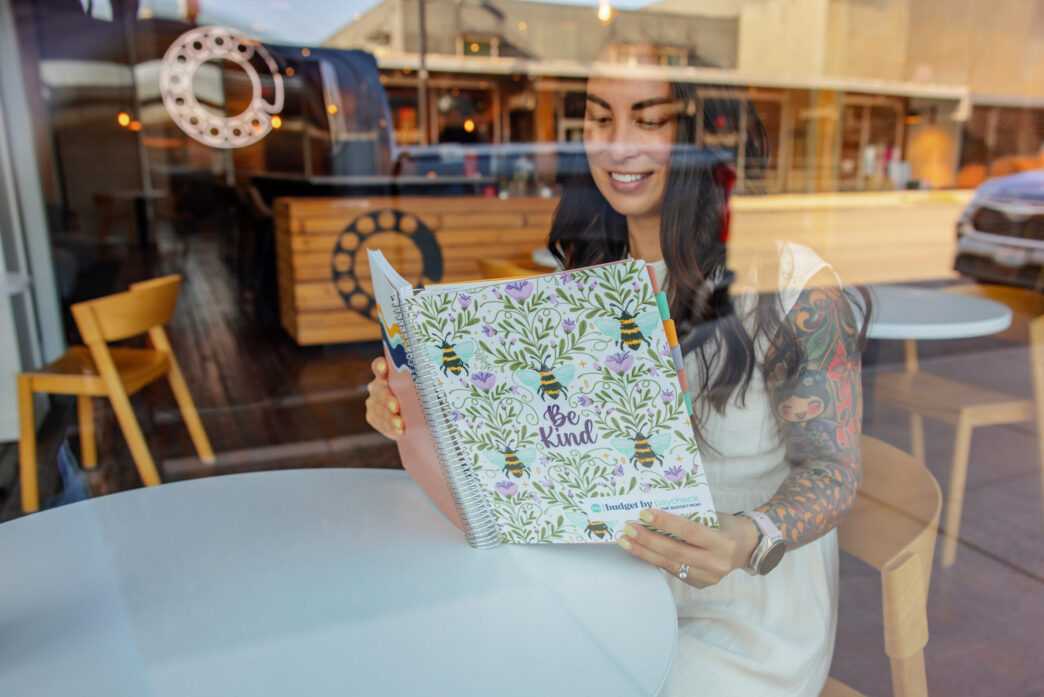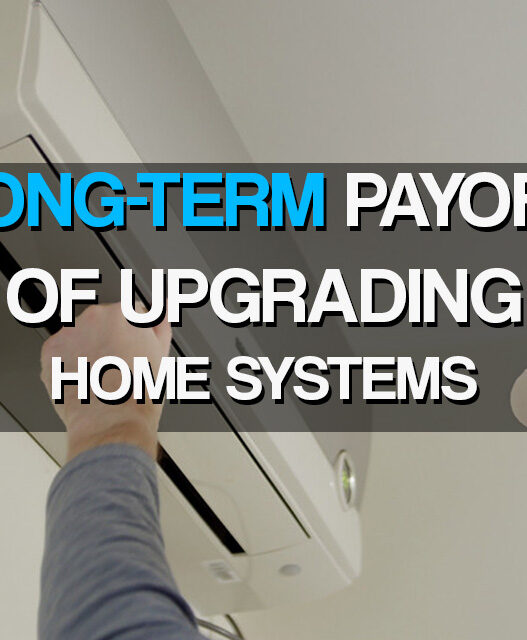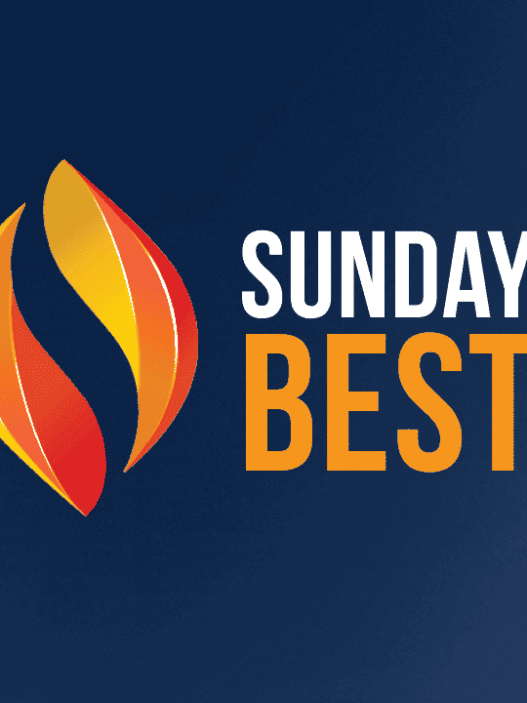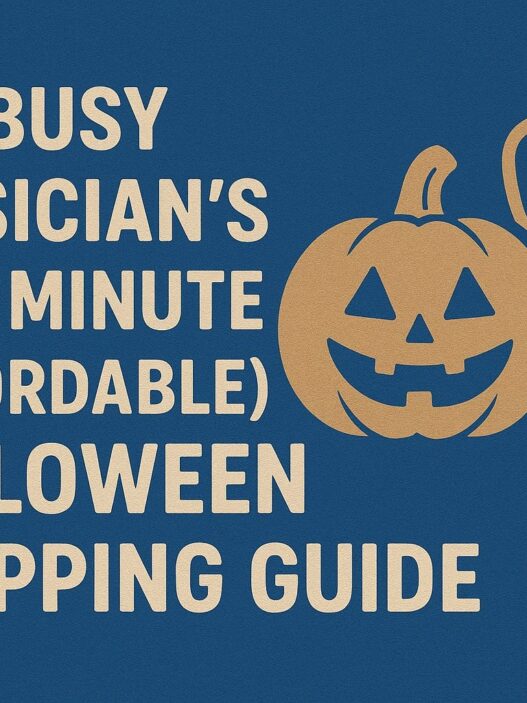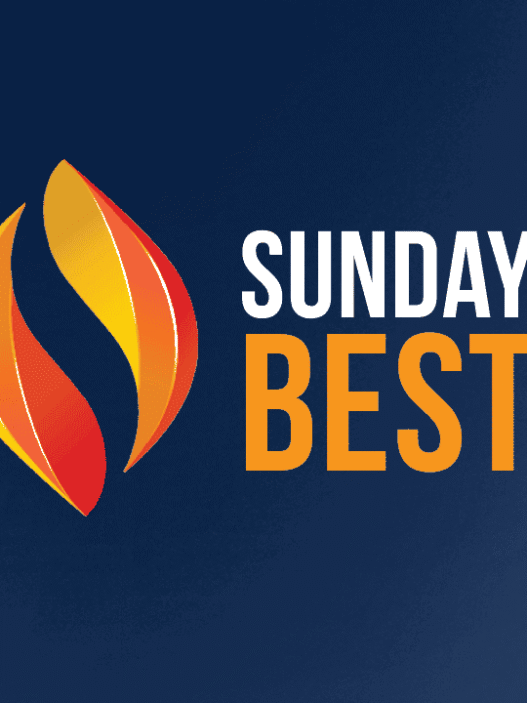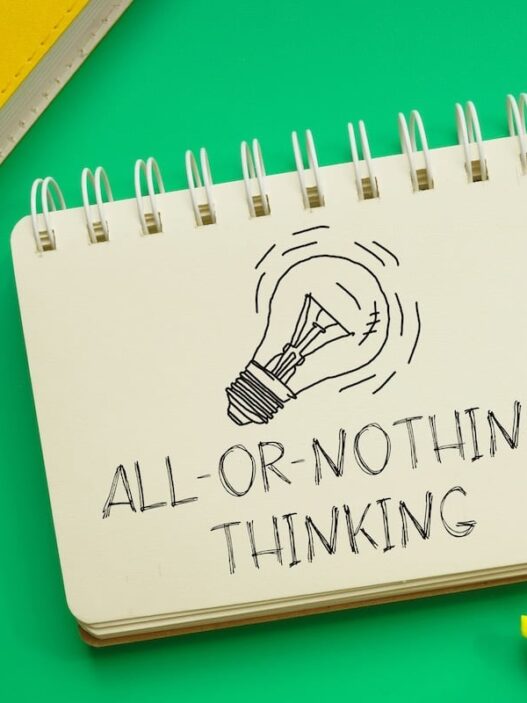When I first started my financial journey, I was a single mom making $30,000 a year with more than $77,000 in debt. I was living paycheck to paycheck, terrified to check my bank account, and convinced that financial stability was something that only happened to other people.
Today, I've paid off every dollar of that debt, bought my dream home with cash, invested over $600,000, and built a net worth of more than a million dollars. But here's the truth: none of that happened overnight. It wasn't one big moment that changed everything—it was a series of small, intentional money habits that slowly but completely transformed my life.
These are the money habits that changed everything for me—and they can change your life, too.
1. I Started Tracking Every Dollar
When I first began budgeting, I didn't start with spreadsheets or fancy apps. I started with a pen, a highlighter, and my bank statement.
I went line by line, highlighting expenses by category—food, gas, bills, childcare, and those mysterious $8 charges at Target that somehow added up to hundreds. That was my first real wake-up call.
Tracking my spending showed me where my money was actually going—not where I thought it was going. Until you face the truth about your spending, you can't make meaningful change.
The lesson: Awareness always comes before action. You can't fix what you don't understand.
How to make it your habit:
-
Print or download your last 30 days of transactions.
-
Categorize them manually (no automation at first—you need to see it).
-
Total each category, then ask: Does this reflect my priorities?
Over time, this habit evolved into my Budget-by-Paycheck® Method, but the foundation was simply knowing where my money went.
2. I Created a Budget That Worked With My Life—Not Against It
In the beginning, I failed at budgeting constantly. Every month I'd make the “perfect” plan—and every month, I'd blow it.
The problem wasn't me. The problem was the kind of budget I was trying to follow. I was forcing myself into unrealistic categories that didn't fit my real life.
It wasn't until I started budgeting by paycheck instead of by month that things clicked. I began assigning every dollar from each paycheck a specific job—bills, savings, fun money, and debt payoff. It gave me control without the overwhelm.
The lesson: Budgets fail when they don't reflect your real life.
A good budget should adapt to your schedule, your spending patterns, and your priorities. It's not about restriction—it's about awareness and intention.
Try this:
Next payday, write down exactly where every dollar will go before you spend it. If your plan doesn't reflect your actual habits or values, adjust it—not yourself.
3. I Built My First “Kickoff” Emergency Fund
When I first started saving, everyone said, “You need $1,000 in an emergency fund.” But that felt impossible.
So I made a smaller goal: $500. That was my “Kickoff Fund.” It was enough to handle small emergencies—a flat tire, a power bill that spiked, or an unexpected copay.
That one fund kept me from reaching for my credit card every time life threw me a curveball.
Eventually, I built a fully funded emergency fund (6 months of expenses), but that first $500 changed how I saw saving—it made it possible.
The lesson: You don't need a perfect start. You just need a start.
Build the habit:
-
Choose a small goal you can reach in 30–60 days.
-
Automate your savings transfer every payday—even $25 counts.
-
Celebrate progress, not perfection.
4. I Stopped Comparing My Financial Journey to Others
Comparison was one of my biggest roadblocks. I used to scroll social media and wonder how everyone else seemed to have it all together—the new cars, big houses, vacations.
But what I learned is this: comparison steals your peace and distracts you from your purpose.
Once I stopped measuring my progress against others, I started focusing on what I could control—my decisions, my values, my goals. My finances started growing when I stopped trying to keep up and started trying to move forward.
The lesson: The only comparison that matters is who you were yesterday.
How to practice it:
-
Mute or unfollow accounts that trigger unhealthy comparison.
-
Write down your why for getting better with money—it'll ground you.
-
Track your progress in your own journal or spreadsheet, not against someone else's highlight reel.
5. I Learned to Give Every Dollar a Purpose
When I finally realized that “extra money” doesn't actually exist, everything changed.
Every dollar in my account needed to have a job—whether that job was to pay a bill, go to savings, or be spent intentionally on something that brought joy.
This mindset helped me stop the cycle of spending money just because it was there.
The lesson: Unassigned money always disappears.
This habit turned chaos into clarity. I wasn't wondering where my money went anymore—I knew.
Action step: Every time you get paid, ask yourself: “What do I need this money to do before I get paid again?” Then assign every dollar to a category, goal, or savings fund.
6. I Used Sinking Funds to Reduce Stress
Before I discovered sinking funds, every holiday, car repair, or birthday felt like a financial emergency.
Now, I plan for those things months in advance. Instead of dreading December or back-to-school season, I break big expenses into smaller, manageable monthly amounts.
Saving $25 a paycheck for Christmas in January means no credit card debt in December.
The lesson: Consistency beats intensity. Small amounts add up to peace of mind.
How to use this habit:
-
List annual or irregular expenses: birthdays, car tags, holidays, etc.
-
Divide each total by the number of paychecks before it's due.
-
Set up a separate savings account or cash envelope for each.
7. I Paid Off Debt Strategically—Not Emotionally
I used to throw extra money at random debts, hoping something would stick. But that kept me stuck in frustration.
When I got organized—listing every debt, interest rate, and minimum payment—I finally had a plan. I used the debt snowball method: paying off my smallest balances first for quick wins and motivation. After I paid off some of my smaller debts (less than $1,000), I started using the avalanche method: paying off the debts with the highest interest rates first.
The emotional boost of crossing off a debt completely kept me going in the beginning. That's why I decided to start with the snowball method. Then, when I switched to the avalanche method, seeing the amount I saved in interest and seeing how many years were cut off my debt payoff timeline kept me going.
The lesson: You need a system, not just good intentions.
How to apply it (snowball method):
-
List your debts from smallest to largest.
-
Pay minimums on all.
-
Throw all extra money at the smallest balance debt until it's gone, then move on to the next.
How to apply it (avalanche method):
- List your debts from largest to smallest interest rates.
- Pay minimums on all.
- Throw all extra money at the debt with the highest interest rate until it's gone, then move on to the next.
8. I Learned to Enjoy My Money—Without Guilt
There was a time I felt guilty every time I spent money on myself. I thought being “good with money” meant constant sacrifice.
But that mindset just led to burnout and resentment.
Now, I give myself permission to spend—intentionally. I call it Joy Spending—money set aside for the things that make life meaningful.
The lesson: Money is a tool for freedom, not punishment.
How to make it a habit:
-
Create a “fun” or “joy” category in your budget.
-
Spend it without guilt—it's part of your plan.
-
Remember: responsible doesn't mean joyless.
9. I Automated What I Could—and Stayed Hands-On With the Rest
Automation helped me stay consistent when life got busy. My bills, investments, and savings all happen automatically.
But I still stay hands-on with my budget. Every paycheck, I check my accounts, create a budget, and make sure my money is doing what I told it to do. I also track my expenses for 5-10 minutes every morning (excluding weekends).
The lesson: You can't outsource awareness.
Automation builds consistency—but engagement builds understanding. You need both.
How to do it:
10. I Started Investing—Even When I Felt Scared
I used to believe investing was only for the rich. But as I learned more, I realized the earlier you start, the more your money works for you.
I began small—contributing to my 401(k) up to the employer match. Then I opened a Roth IRA and eventually a brokerage account.
Now, my investments are what allow me to think about early retirement, financial independence, and generational wealth.
The lesson: You don't need a lot to start—you just need to start.
How to begin:
-
Contribute to your 401(k) up to your employer match.
-
Open a Roth IRA and automate small monthly contributions.
-
Focus on low-cost index funds and ETFs.
11. I Started Saying “No” Without Guilt
At first, I said “yes” to everything—dinners, parties, spending that didn't align with my goals. But every “yes” to someone else was a “no” to my own progress.
Learning to set financial boundaries was one of the hardest lessons—but also one of the most freeing.
The lesson: You can't reach your financial goals if you're always trying to please everyone else.
How to practice it:
-
Say, “It's not in my budget this month, but maybe next time.”
-
Remind yourself that boundaries protect your peace, not your pride.
12. I Made Reflection a Regular Habit
Budgeting isn't just about numbers—it's about growth.
Every month, I reflect on what worked, what didn't, and how I felt about money. Some months I nailed it. Other months, I slipped. But progress came from paying attention, not perfection.
The lesson: Reflection turns mistakes into wisdom.
How to build the habit:
-
End each month with a quick budget review.
-
Ask yourself: Did my spending match my priorities?
-
Write one thing you're proud of and one thing you'll improve next month.
13. I Started Dreaming Bigger
When I first began, my dreams were small—just to get out of debt and stop living in survival mode.
But once I realized what I was capable of, I started dreaming beyond bills.
I dreamed of buying my home with cash. Of building wealth. Of teaching millions how to feel confident with their money.
And I got there—not because of luck, but because of the habits I built every single day.
The lesson: Your dreams grow when your habits do.
Final Thoughts: Small Habits Create Big Change
The life I have today—the freedom, peace, and confidence—was built one small choice at a time.
You don't need to change everything overnight. You just need to start with one thing: track your spending, start a small emergency fund, or create your first real budget.
The secret to financial transformation isn't found in perfection—it's found in consistency.
And if you're feeling overwhelmed, remember this: I started exactly where you are. If I can change my life, so can you.





